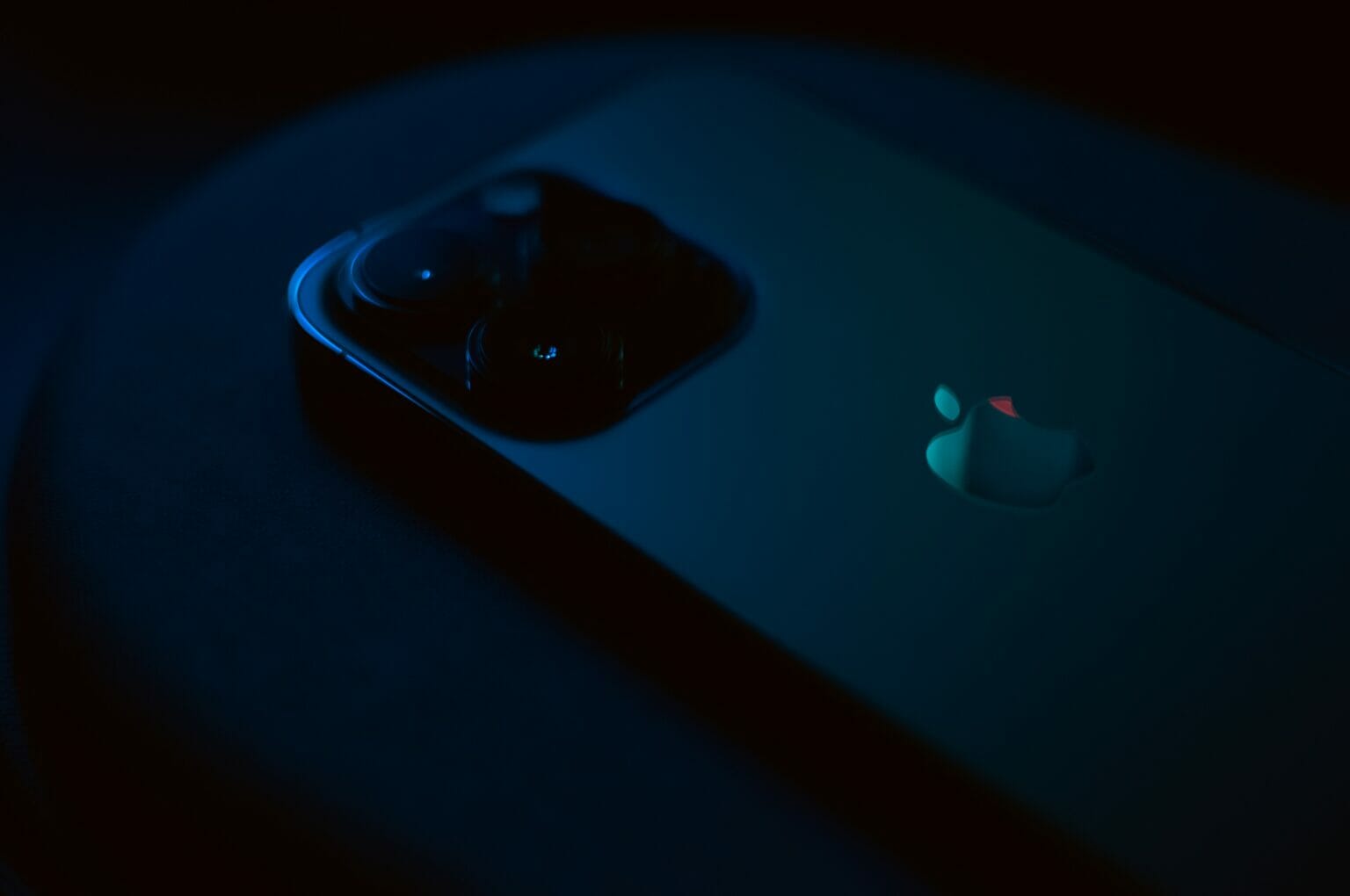Apple is encountering intensified antitrust scrutiny on both sides of the Atlantic, with the European Commission (EC) imposing a $2 billion fine on the tech giant for alleged competition law violations. Simultaneously, the company braces for a comprehensive lawsuit from the U.S. Justice Department (DOJ), departing from its historical avoidance of major antitrust challenges faced by other Big Tech counterparts.
The European Commission’s decision comes in response to Apple’s purported abuse of its dominance in the market for the distribution of music streaming apps. The company is accused of negatively impacting rivals, particularly Swedish music streaming giant Spotify, by prohibiting app developers from fully informing iOS users about alternative ways to access and pay for streaming services outside Apple’s proprietary app store.
Key findings from the EC’s investigation include Apple driving up music streaming costs for nearly a decade by steering app purchases predominantly through the App Store, where the company collects a 30% fee. The commission contends that this conduct may have led iOS users to pay significantly higher prices for music streaming subscriptions.
In response, Apple plans to contest the EC’s decision, emphasising that no credible evidence of consumer harm was uncovered. The company argued that the music streaming market is competitive, thriving, and fast-growing and criticised the decision for benefiting Spotify, Apple’s primary advocate in the case.

Concurrently, Apple faces an imminent lawsuit from the U.S. Justice Department, with investigators examining whether integrating the company’s suite of products inhibits competition. The inquiry delves into the interplay between iPhones, the App Store, Apple Watch, iMessage, and AirTags, evaluating whether these elements create barriers to competition.
The potential DOJ lawsuit, reportedly broader in scope, raises concerns for Apple’s ecosystem, known as the “walled garden.” If the lawsuit seeks to dismantle this ecosystem, it could significantly threaten the company’s diverse revenue streams. Apple’s iPhone sales accounted for a substantial portion of its total revenue in 2023, generating $200.6 billion out of $383.3 billion. Additionally, the company’s wearables, home, and accessories business and its services business contribute significantly to its overall revenue.
As Apple navigates these antitrust challenges, the outcome will have implications for the company’s market practices, potential regulatory measures, and the broader landscape of competition in the tech industry.
